To provide the best experiences, we use technologies like cookies to store and/or access device information. Consenting to these technologies will allow us to process data such as browsing behaviour or unique IDs on this site. Not consenting or withdrawing consent, may adversely affect certain features and functions.
The technical storage or access is strictly necessary for the legitimate purpose of enabling the use of a specific service explicitly requested by the subscriber or user, or for the sole purpose of carrying out the transmission of a communication over an electronic communications network.
The technical storage or access is necessary for the legitimate purpose of storing preferences that are not requested by the subscriber or user.
The technical storage or access that is used exclusively for statistical purposes.
The technical storage or access that is used exclusively for anonymous statistical purposes. Without a subpoena, voluntary compliance on the part of your Internet Service Provider, or additional records from a third party, information stored or retrieved for this purpose alone cannot usually be used to identify you.
The technical storage or access is required to create user profiles to send advertising, or to track the user on a website or across several websites for similar marketing purposes.
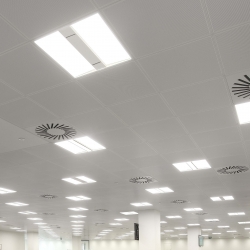 Lighting innovator FUTURE Designs has introduced FUZONE500, a unique lighting solution that harnesses all the anti-viral and anti-bacterial elimination qualities of ultraviolet light without any of the harmful effects to humans or physical surfaces. With over 38 million confirmed cases worldwide and over 600,000 in the UK alone, Covid-19 has had a significant impact on the way we live and interact with our surroundings. Cases are increasing at an astronomical rate and finding effective solutions to control its spread has become paramount. (more…)
Lighting innovator FUTURE Designs has introduced FUZONE500, a unique lighting solution that harnesses all the anti-viral and anti-bacterial elimination qualities of ultraviolet light without any of the harmful effects to humans or physical surfaces. With over 38 million confirmed cases worldwide and over 600,000 in the UK alone, Covid-19 has had a significant impact on the way we live and interact with our surroundings. Cases are increasing at an astronomical rate and finding effective solutions to control its spread has become paramount. (more…)






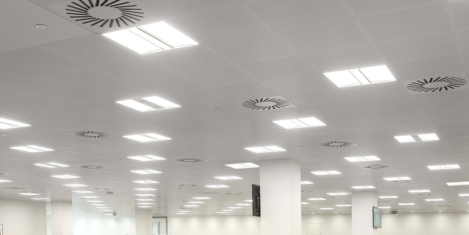
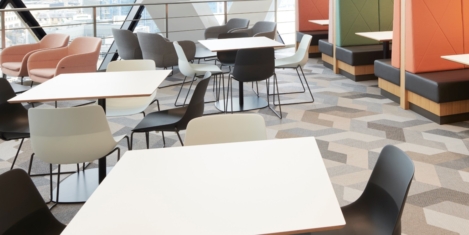
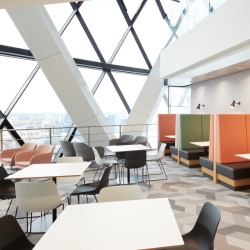





 As the tech sector and associated businesses rise to the pressures and opportunity presented by the reality of COVID-19, Sue Foxley, Research director at Property Consultants
As the tech sector and associated businesses rise to the pressures and opportunity presented by the reality of COVID-19, Sue Foxley, Research director at Property Consultants 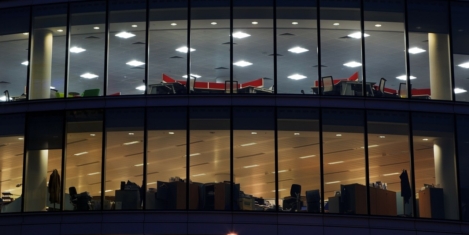






 Environmental and sustainability professional,
Environmental and sustainability professional, 


 New research commissioned by
New research commissioned by 








October 22, 2020
Everybody needs to be prepared for a new digital workplace
by Simon Hayward • Comment, Flexible working, Technology